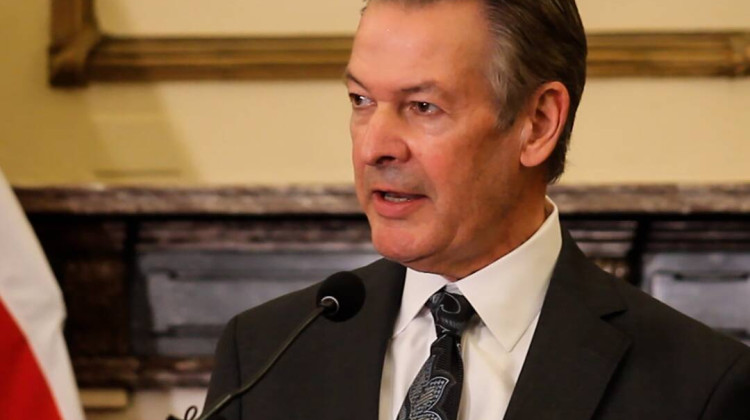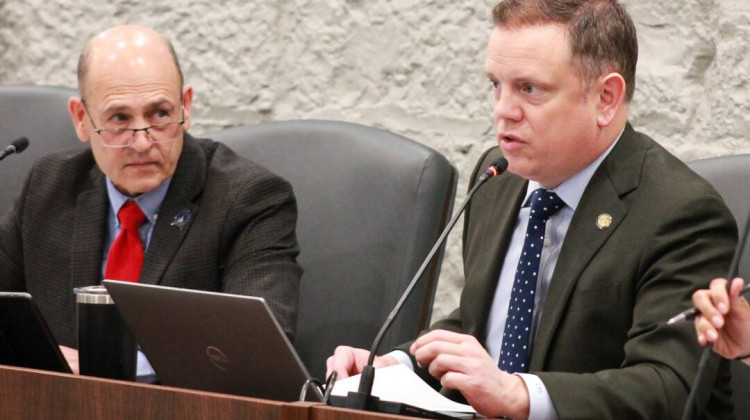GARY, Ind. (AP) — Gary administrators are hampering the efforts of entrepreneurs to open new stores in the northwest Indiana city that's been long plagued by retail deserts, local business owners said.
Artist and entrepreneur Carmella Saraceno, who has run a fine art and artifacts handling and installation company in Chicago since 1990, calls the city of Gary's permitting process "archaic and daunting," The (Northwest Indiana) Times reported.
Saraceno said she has already been forced to close three businesses that she launched in Gary.
People are accustomed to having to travel for everything," Saraceno said of Gary consumers. "The habit is to go to Chesterton to the European Market or to the Costco in Merrillville. You have to change people's behavior."
With administrative obstacles and no assurance of community support, it's an enormous risk to launch a small business in Gary, Saraceno added.
In 1960, the city's population peaked at 178,320, at a time when it was Indiana's second largest city. Gary's population has since dropped to a projected 76,000 people after consistently declining for decades, according to the U.S. Census Bureau.
Retail-starved Gary residents also have opted to shop via e-commerce due to the shortage of stores in their neighborhoods.
Gary retiree Silas Sconiers stated in an essay on the Medium website that he places numerous orders per month on Amazon as opposed to taking 50-mile round trips to Hobart, Merrillville and other retail clusters in Northwest Indiana.
"I will not be holding my breath for those businesses to come back to the inner city, and I will not be spending with those who left us high and dry," he wrote.
Fledgling businesses in Gary sometimes have issues with finding employees due to the city's unemployment rate that consistently ranks among the highest in the state.
Gary Mayor Karen Freeman-Wilson said the city aims to create an online portal where new small business owners could obtain the required permits to begin operating.
"The biggest single factor in urban economic success is human capital," Saraceno said. "It's talent. Gary is full of talent. It goes back to the role of the government and how do they harness that. So many talented people leave because they have no place to fit in."
 DONATE
DONATE









 Support WFYI. We can't do it without you.
Support WFYI. We can't do it without you.